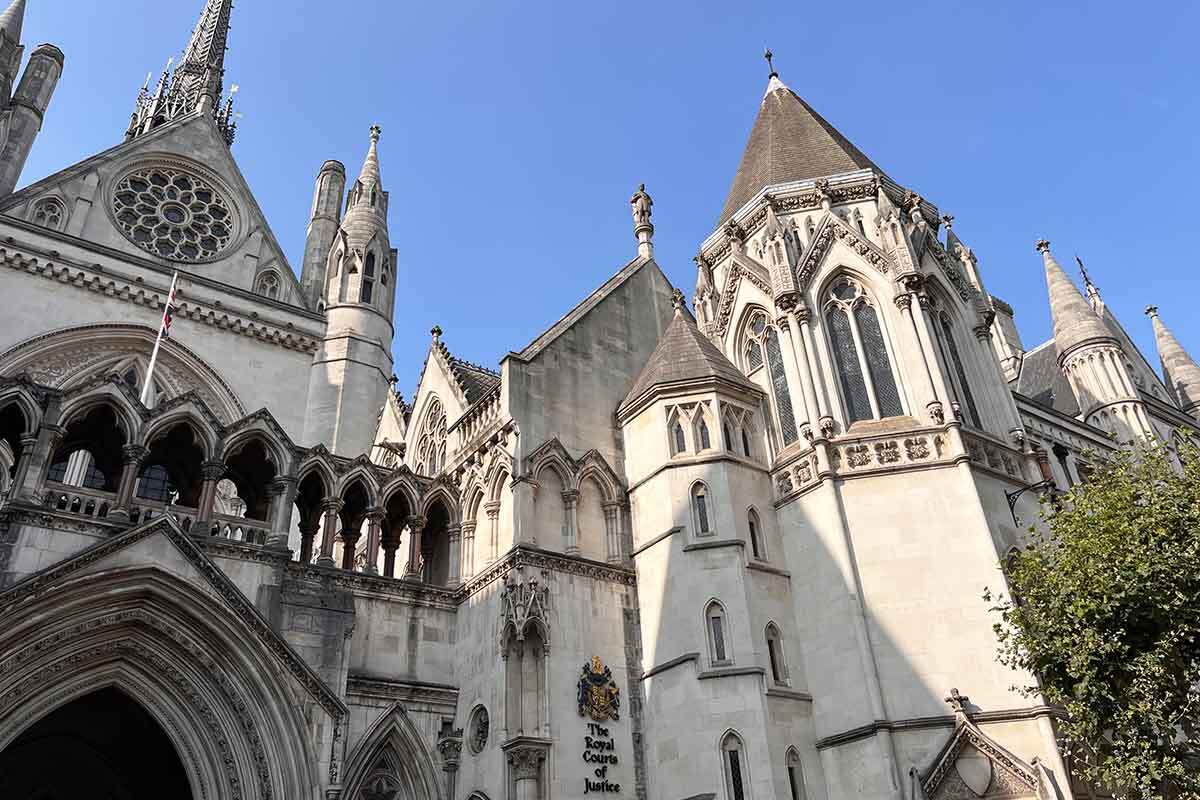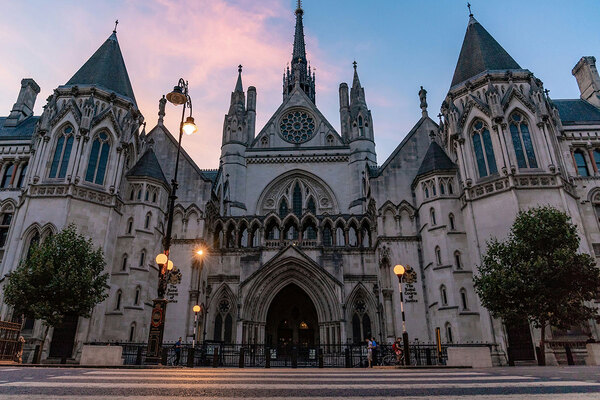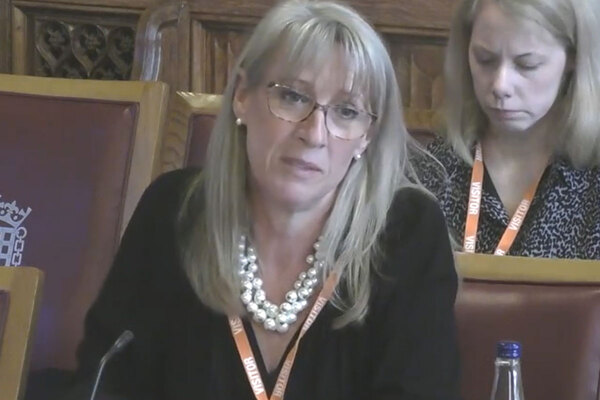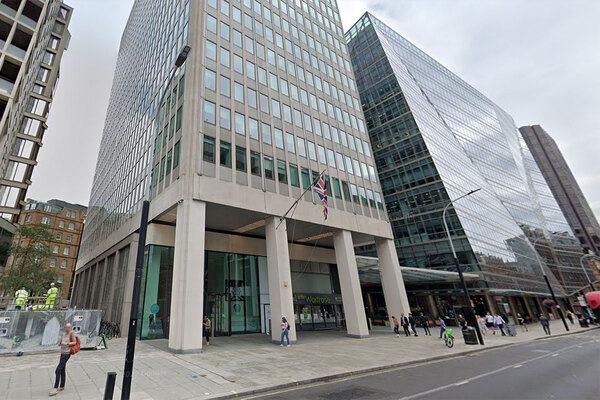DWP’s direct payments to landlords from Universal Credit ‘unlawful’, High Court rules
The High Court has ruled that the way in which the Department for Work and Pensions (DWP) makes deductions from individuals’ Universal Credit payments to directly pay landlords to cover rent and arrears is “unlawful”.
The court concluded that the process is “unlawful, because it is procedurally unfair”, as the DWP authorises the deductions without first consulting the person affected by them and giving them an opportunity to challenge the decision.
The case concerned “diversionary” and “recoupment” payments taken from a Guinness Partnership tenant’s Universal Credit (UC) by the DWP and paid directly to the housing association without any consultation with the claimant, which was allowed under government guidance.
The case was brought by the tenant against the DWP, while Guinness was listed as an interested party.
UC, a means-tested welfare benefit payment, can include a standard allowance, a housing element for rent, and other elements such as disability payments.
The case concerns two ways in which the DWP can divert payments directly from the claimant’s UC allowance to the landlord.
Diversionary payments are intended to help stop a rent arrears debt from getting worse, by paying the housing element of UC directly to the landlord.
Recoupment payments are intended to help reduce rent arrears, by paying part of the standard allowance directly to the landlord.
The DWP argued that both payments benefit the tenant and recipient of UC, protecting them from eviction and homelessness.
However, the claimant argued that making deductions from his benefits without giving him the opportunity to challenge the decision was “unlawful as a matter of public law”.
Before the case, the DWP’s internal guidance was that social landlords are considered “trusted partners” who could request diversionary payments “whenever they identify a need and have it granted without further investigation”.
According to the judgment, “the key to this guidance is in the phrase ‘can… have it granted without further investigation’.
“The social landlord only has to provide the information meeting the criteria. That would include the social landlord saying that two months’ rent is owing.
“There is no ‘further investigation’. No opportunity is afforded to the UC-claimant,” it said.
After this, the only option for claimants was to request a review, which could take 50 days or more.
Comparatively, since 2017 tenants in the private sector have been able to challenge the application for the direct payment within seven days if they do not have rent arrears or are engaged in a formal disrepair dispute with their landlord and are withholding rent.
For both social and private landlords, the DWP’s process for recoupment payments is to make the deduction, notify the claimant and then offer them reconsideration.
Case details
At the start of 2024, the claimant was receiving a monthly standard allowance of £368.74, £459.64 to go towards housing costs, and a further £390.06 related to his disabilities.
In December 2023, he had notified the DWP of his new address, with his weekly rent of £81.05 and weekly service charge of £25.02.
In March 2024, the claimant was notified via his online journal by the DWP that Guinness would be receiving his entire housing payment along with some of his allowance and disability payment to go towards rent arrears.
He was informed that he could seek a review and a mandatory reconsideration, which he did.
In his response, he said: “You have agreed (certainly not with me) to make deductions from my UC to make direct payments to my current landlord. You have done this without any consultation with me.
“It is a basic tenet of benefit law that any decision affecting a claimant’s benefit must be communicated to him before a deduction decision is applied.”
He said that “had [this] been complied with, the DWP would have discovered that I am in a genuine rent dispute with the landlord (Guinness)”, of which the landlord was “aware”.
The claimant also said that “nothing is owed to Guinness” and that “any application by them to deduct or have direct payments to any rent account” is “rejected on that basis”.
He later uploaded another message raising concerns about data protection breaches between DWP and Guinness, referring to the “unlawful” decision to make deductions and to the “alleged arrears”.
When he received his monthly UC payment, the claimant’s housing element had been removed and £44.74 had been deducted towards rent arrears.
In his letter before claim, the claimant said: “Not only do I feel capable of managing my own UC (despite my disabilities) but it is clearly arbitrary and an abuse of process to permit such an application without first consulting with me.”
He said the DWP has caused him “unwanted distress on top of already dire circumstances”. He said he is “in dispute with the landlord”.
The claimant argued that the decision by the government was “unlawful” as the “decision maker had failed to provide me with any opportunity to challenge or review the landlord’s application or its contents”.
The court concluded that the DWP’s policy of directing its decision-makers that it is unnecessary to give Universal Credit claimants an opportunity to make representations before making payments to landlords is “unlawful, because it is procedurally unfair”.
During the case, the DWP told the court that changes will be made to the decision-making process where a diversionary payment is requested by a social landlord.
It committed to making the process “substantially similar” to the private rented sector by the end of 2025.
In the interim, the process has been changed to allow those living in social housing to challenge a direct landlord payment.
“The direct payment to the landlord is set up immediately but the claimant receives a notification in their UC journal that they should make contact to challenge the direct landlord payment within seven days if they do not have rent arrears or are engaged in a formal disrepair dispute with their landlord and are withholding rent,” according to the judgment.
They then have 14 days to provide evidence of their situation. If they do, a decision will be made on whether the payment should be made to the landlord.
A spokesperson for the DWP said it is now “carefully considering this judgment”. The Guinness Partnership has also been contacted for comment.
Commenting on the ruling, Giles Peaker, partner at law firm Anthony Gold, said that “the judgment certainly makes sense” and it is “hard to see” why the policy had differed between social and private landlords.
However, he added that “it is interesting to see both the court and indeed the DWP accepting that withholding rent in a housing conditions dispute is a valid course of action by the tenant”.
Mr Peaker referred to the DWP’s planned new policy, which according to the judgment means claimants can challenge the request from their landlord to pay rent to them directly if rent payments are up to date or the tenant is in a disrepair dispute with their landlord.
He said: “This was criticised by the court as overly restrictive – no arrears or a disrepair dispute were not the only possible reasons for the tenant to dispute arrears or the amount of arrears, but again, the withholding of rent in a disrepair/conditions dispute is officially acknowledged.
“This, of course, sounds odd to housing lawyers. The usual (indeed universal) advice is that the breach of an obligation by the landlord does not permit the breach of the rent obligation by the tenant, such that the tenant could easily face a rent arrears possession claim which a housing conditions counterclaim may well not extinguish.
“We also know, in practice and from experience, that the rent is rarely ‘withheld’ in the sense that it is saved away, ready to be paid when the landlord complies with its obligations.”
Sign up for our regulation and legal newsletter
Already have an account? Click here to manage your newsletters












